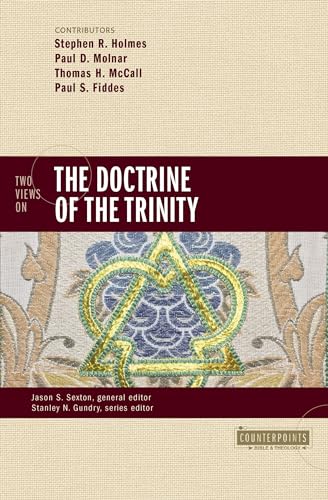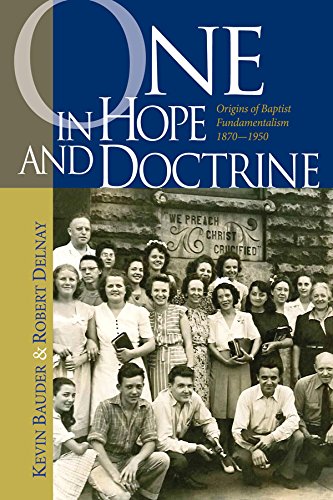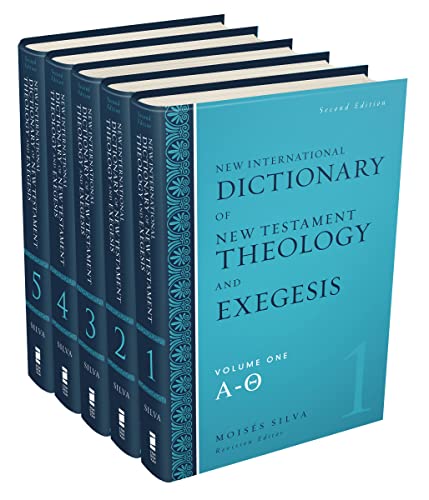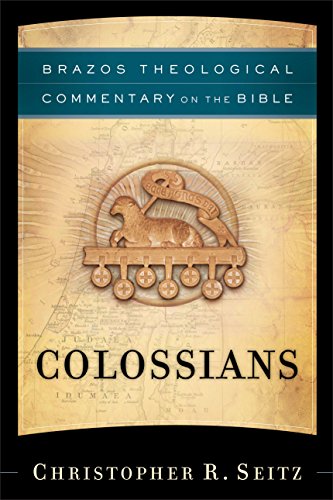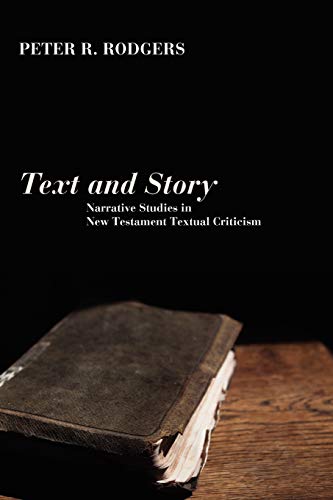Volume 40 - Issue 1
Courtier Politicians and Courtier Preachers
By Michael J. OveyLet’s begin with a word in defence of the UK’s politicians. We are at the moment in the throes of a General Election campaign, and for some time it has been chic to be cynical about the truthfulness of our politicians. It is a familiar pattern in the Anglophone West. One senses the exasperation of citizens who want to be told the truth and feel it is being withheld somehow, whether it is the truth about world economics or the truth about Russia’s international intentions. It implies a certain moral integrity on ‘our’ part (we just want the truth!), and a lack of integrity on the part of our politicians (‘they’ are somehow conniving to withhold truth from ‘us’).
Some words of Alexis de Tocqueville make me question this. Writing about American democracy he observes the way the absolute power of a democracy introduces a ‘courtier spirit’. He describes the way that in an absolute monarchy there starts to be a huge problem in how to speak to the monarch. Those who do speak to the absolute monarch risk reactions that are unrestrained and ungoverned. That is the whole point, one might say, of being an absolute monarch-that one can indulge whim and caprice. Hence one addresses an absolute monarch with a ‘courtier’ spirit. De Tocqueville goes on: just as in an absolute monarchy nobles are reduced to flattering a monarch rather than genuinely advising, so too in a democracy those who want to be leaders are courtiers rather than guides. He writes:
It is true that American courtiers do not say “Sire,” or “Your Majesty,” a distinction without a difference. They are forever talking of the natural intelligence of the people whom they serve; they do not debate the question which of the virtues of their master is pre-eminently worthy of admiration, for they assure him that he possesses all the virtues without having acquired them, or without caring to acquire them.1
De Tocqueville’s point is not confined to American democracy but applies to any democracy where the democracy is, so to speak, absolute. But de Tocqueville’s point is also more subtle than we might initially think. He is not simply saying that democratic politicians have the courtier spirit which does not dare to tell the electorate an unpleasant truth because the politicians are too servile. He is saying this courtier spirit will infuse the people as a whole, and that it is not entirely the ‘fault’ of politicians that they have become courtiers. The unrestrained nature of the tyranny of the majority in absolute democratic regimes means it will be very hard for a politician to be anything but a courtier. How does one tell the majority that it is not as clever, or virtuous as it thinks it is, or that a hard truth about itself and its manner of life (whether that it is its spending patterns or its morals) must be faced?
De Tocqueville makes us face the way we in democracies contribute to the corruption of our leaders, even though we may also feel cynically that they require little assistance from us in this regard. And he links this to the extreme claims we implicitly make about the ultimately unrestrained competence of democratic power. Thus in the UK an integral part of constitutional theory used to be the competence of the UK Parliament to legislate on any topic whatever it liked. Now, current relationships with the rest of Europe may have limited the UK Parliament in various ways, but in fact the claim to omni-competence persists: it has simply shifted geographical location. Similarly one might observe that even if one thinks the constitutional settlements of the US protect the individual citizen, the settlements themselves remain ultimately vulnerable to the will of the majority, even if one needs a super-majority. That after all, was precisely de Tocqueville’s reason for speaking of the ‘tyranny of the majority’ with regard even to the Constitution.
Given this, de Tocqueville would, I think, analyse our situation in modern western democracies as having just the formula of absolutist democratic power, and would predict that we would be afflicted with the courtier spirit which dares not tell the truth. The reason in part why our politicians do not tell us the truth, he would say, is that they dare not because we handle truth so badly. It is not simply that we have the leaders we deserve; we have made them so.
This broadens into a more general question about how we can tell unwelcome truths and here I want to move to the question of shifting theologies. Over the last twenty-five years we have seen church leaders shifting their ground over God’s sovereignty and knowledge of the future (Clark Pinnock), God’s wrath (Steve Chalke), universal salvation (Rob Bell), same-sex relations and the nature of Scripture (Steve Chalke again) as well as the essence of Christianity (Brian McLaren).
These shifts take place against a backdrop where even the way we argue and discuss things is shifting. Conservative evangelicals do get criticised in Web chatter for arguing in a cold and unfeeling way, and for an underlying harshness. No doubt there is some truth in that on occasion, and no doubt it is not a sufficient response to suggest that there is a fair amount of harshness coming back the other way.
What does interest me is how I am supposed to communicate an unpleasant reality under these conditions. Let us suppose, just for a moment, that God is genuinely angry at the UK’s abortion policy on the grounds that an unborn baby is indeed a human being from conception. What would be an appropriate way to tell the truth about that, given that the numbers of unborn babies killed since our laws were liberalised in 1967 now run into millions? Just how angry might God be? If I point out that the UK has passed Hitler’s Holocaust in numbers terms and is fast catching up on Stalin’s terror famines in the Ukraine, would that be seen as distasteful hyperbole or simply fair comparison? I strongly suspect that this would be seen as distasteful hyperbole not just in the wider secular culture, but in mainstream churches too.
Why is this so? No doubt because we are seeing 2 Timothy 4:3-4 being fulfilled in our time as the itching ears of the Christian community demand particular approaches and accordingly reward particular teachers with celebrity status. In other words, just as our democratic political culture incentivises the courtier politician, so our church culture incentivises the courtier Christian preacher. Of course we are going to find God’s wrath denied or same-sex marriage defended and encouraged. We send out too many messages that we will not accept hard truths for anything else to happen.
What 2 Timothy 4:3-4 opens up for us is an unhappy co-dependence between pastor and people: the pastor who cannot afford to tell the truth to an over-indulged people and an over-indulged people who are deprived of truths that might bring them to repentance. After all, the courtier cannot afford to tell the absolute monarch the truth, and the absolute monarch remains in blissful ignorance that an enemy is at the gate. But unfortunately to the outside and untutored eye this will look like a remarkably successful church where pastor and people hold each other in high regard. It will probably be rich, conscientious and passionate about those causes the congregation finds acceptable (fashionable good works), attractive to decent non-believers since it does not disturb, well-regarded even, since it blends so effortlessly into the surrounding culture, offering God’s therapy but not God’s forgiveness of sins, and an inclusion that bypasses anything so demeaning as repentance and amendment of life. A beautiful church with beautiful people and nothing so ugly as a God who demands things from us that we do not already wish to give. Such churches will thrive (dare I say, are thriving?) in the modern UK, and, for all I can see, elsewhere in the cultural west. And at that point we realise the courtier preacher has helped fashion a courtier church, not a light on a hill, nor salt for the world.
Viewed this way, it is not at all surprising that we have seen the theological shifts we have amongst self-identifying evangelical leaders. And while I disagree profoundly with the shifts I have referred to above, I think de Tocqueville would remind me of what makes for a courtier spirit. And he would also remind me that if I do not want to be on the receiving end of a courtier spirit, I must dare to let people tell me truths I do not want to hear. And at that point as a modern Christian teacher, I must confront my own appetite both to be on the receiving end of the courtier spirit (it is nice to be flattered) and to offer it, because courtiers do get rewards. In this life, anyway.
[1] Alexis de Tocqueville, Democracy in America, trans. Henry Reeve, repr., 2 vols. (New York: Langley, 1841), 1:291, https://archive.org/details/democracyiname01tocq.
Michael J. Ovey
Mike Ovey is principal of Oak Hill College in London and consulting editor of Themelios.
Other Articles in this Issue
The account of Abraham's near-sacrifice of Isaac has been and will likely continue to be violently applied so long as the dominant misunderstanding of the text prevails...
In recent years, a growing cadre of younger historians has begun publishing significant books on the history of American evangelicalism...
Romans 4 remains a central text in the debate over the New Perspective on Paul...
Within the intra-Reformed debate over baptism, covenant theology is a crucial aspect in determining one's position...
‘Fathers of Faith, My Fathers Now!’: On Abraham, Covenant, and the Theology of Paedobaptism
by David GibsonThe figure of Abraham creates a covenantal framework for biblical theology that allows baptism to be considered in relation to the Bible's developing story line...


